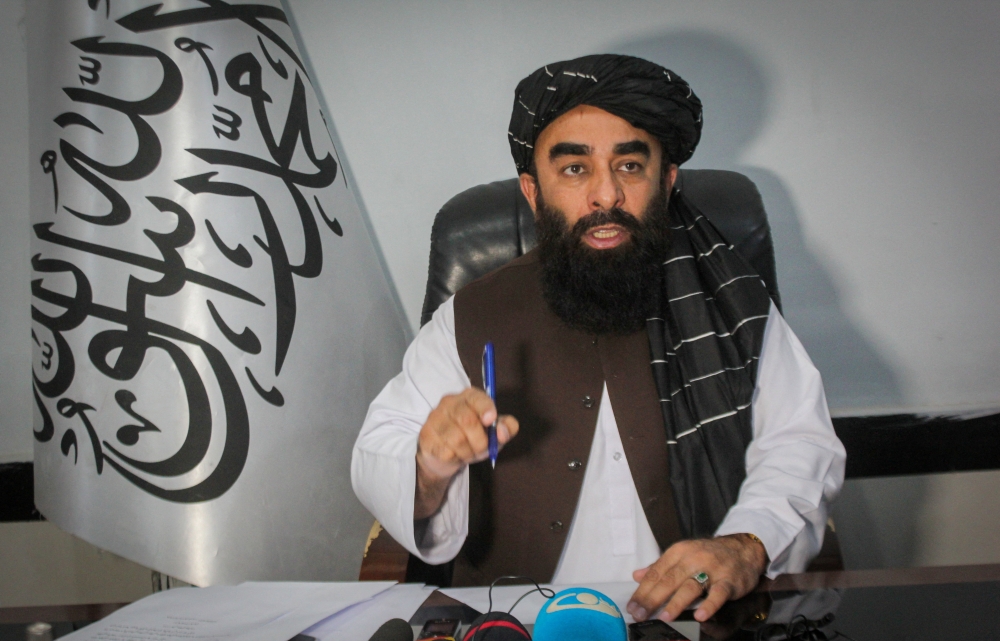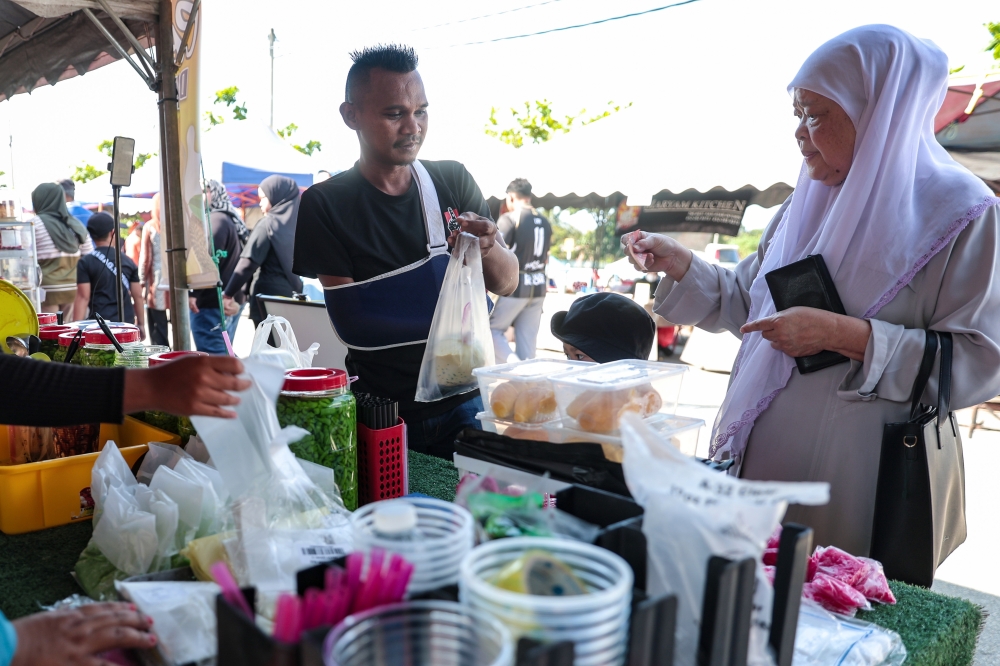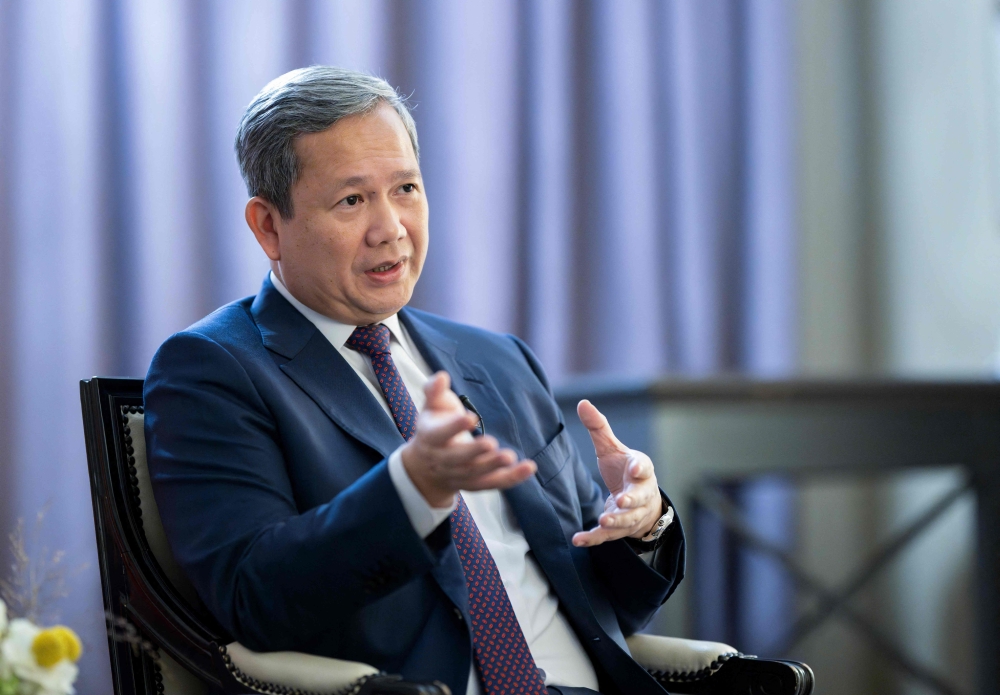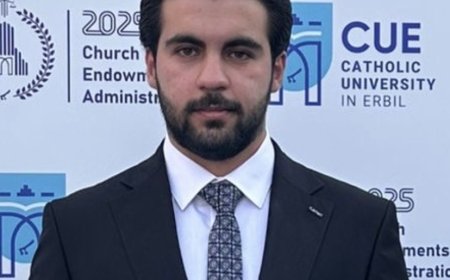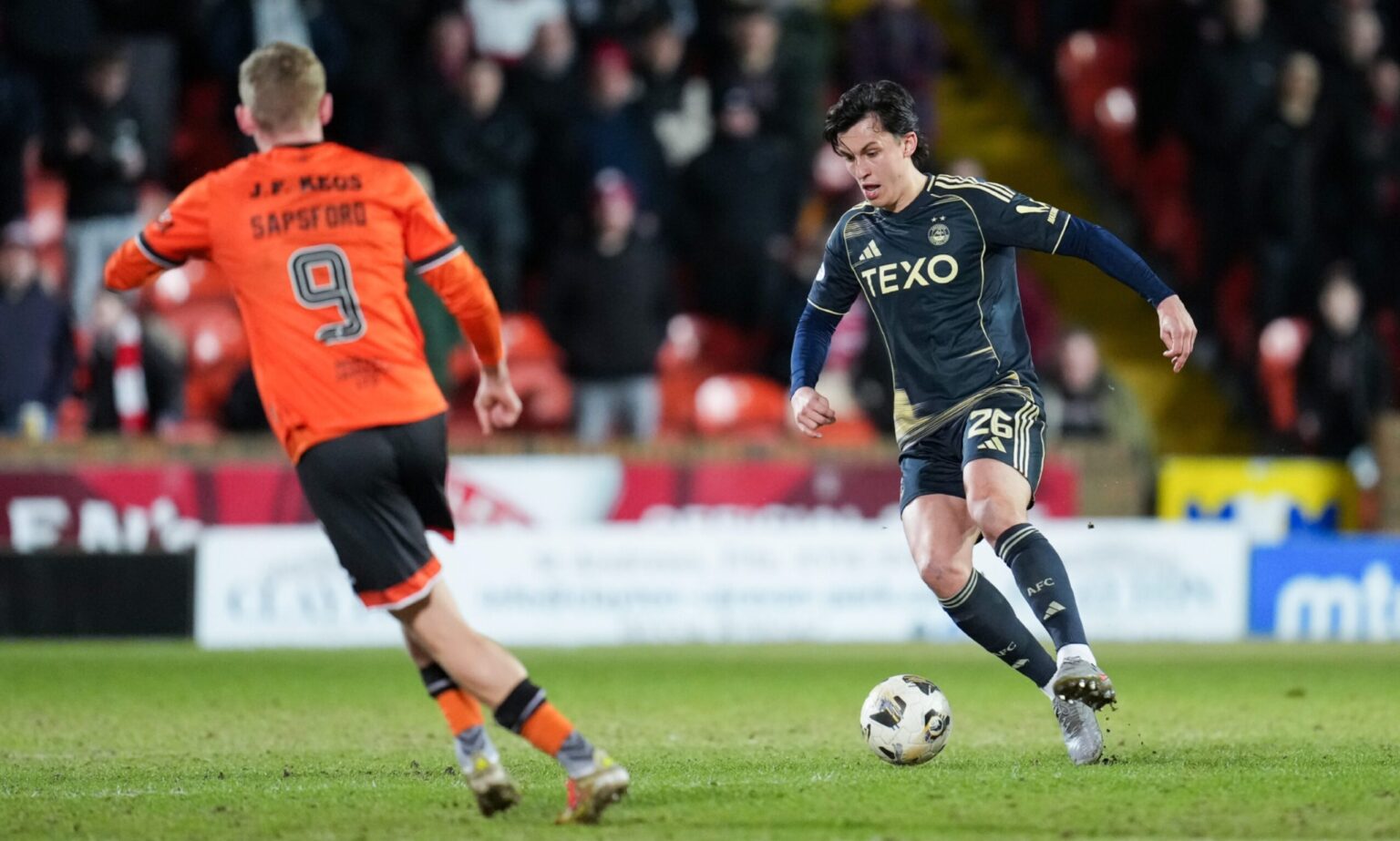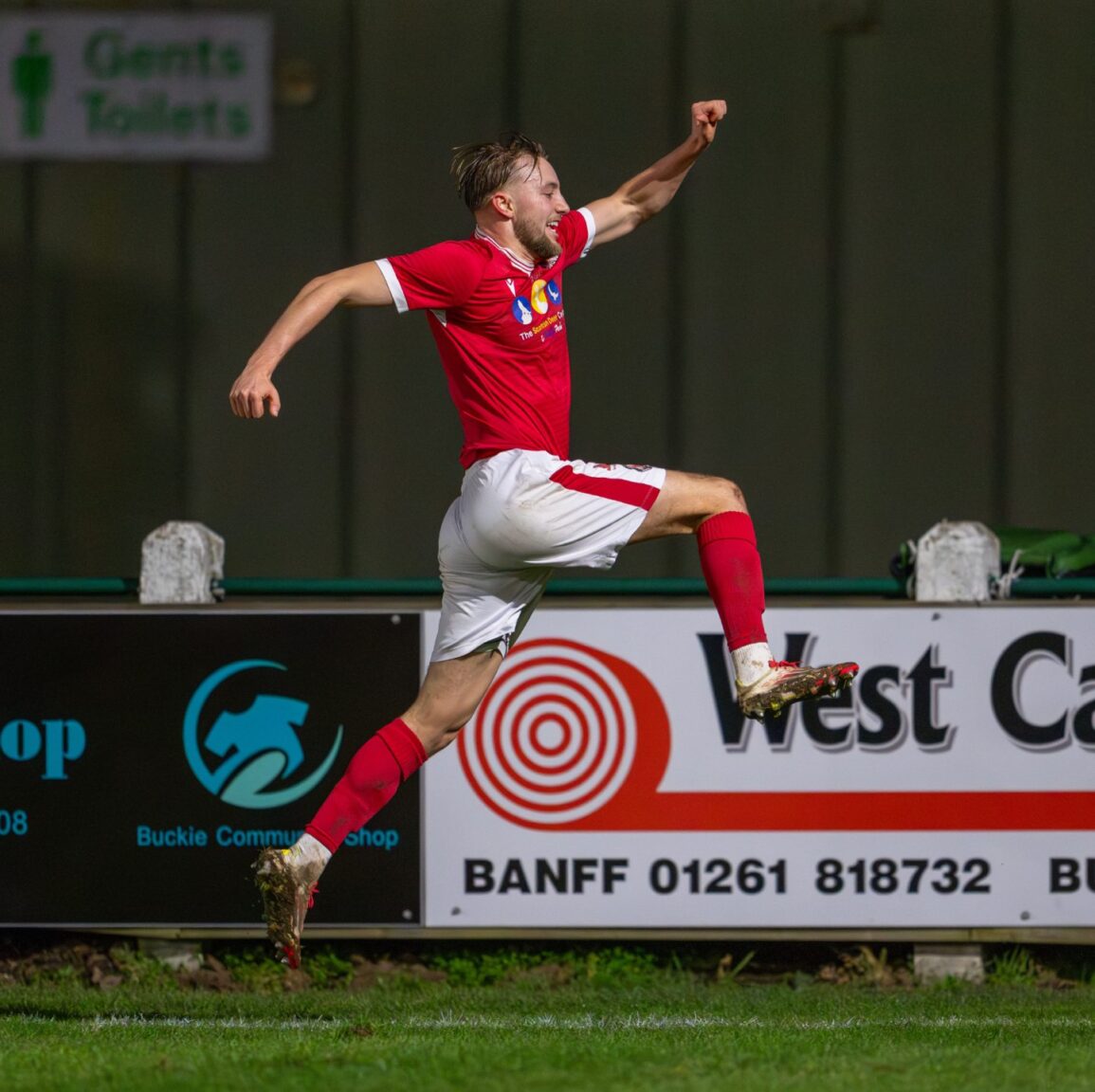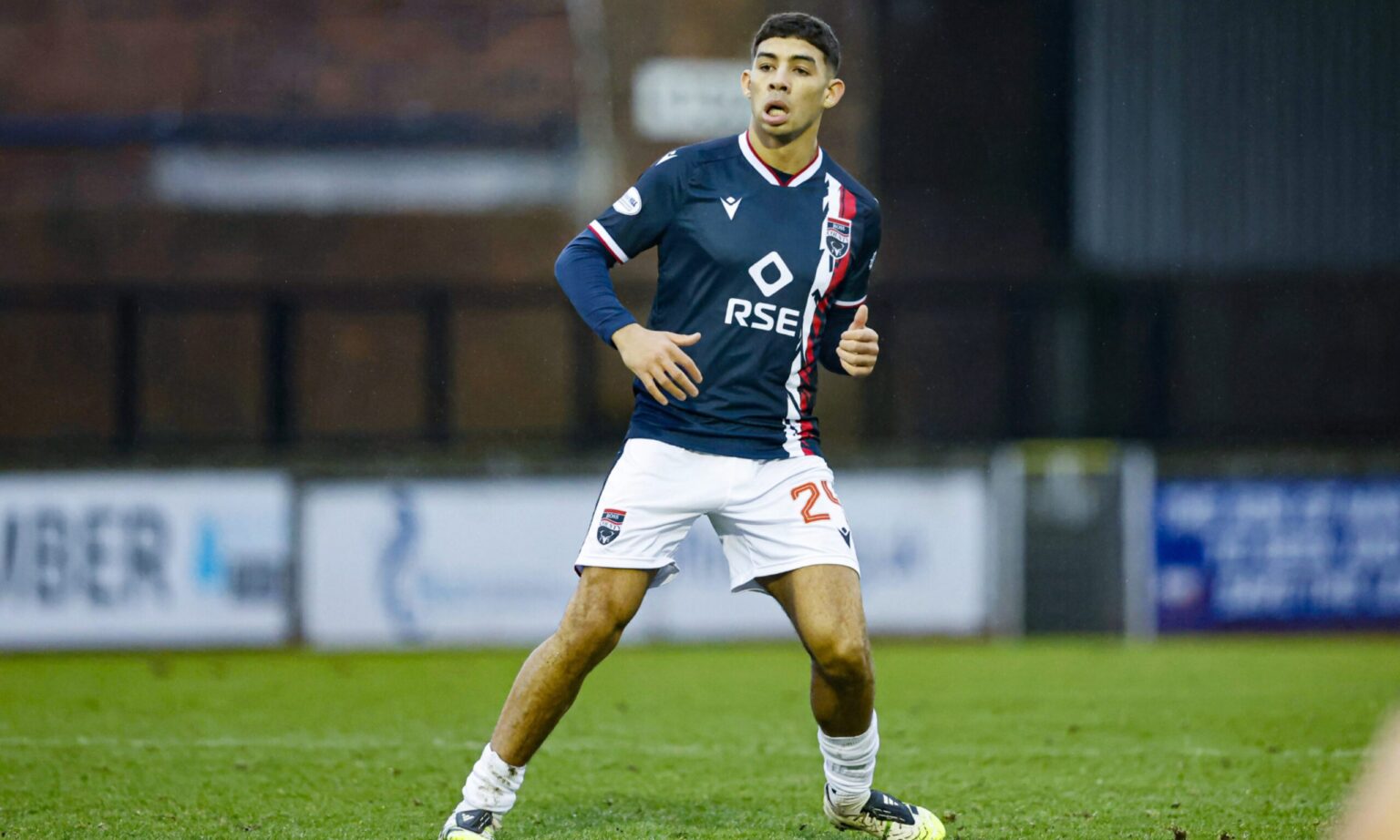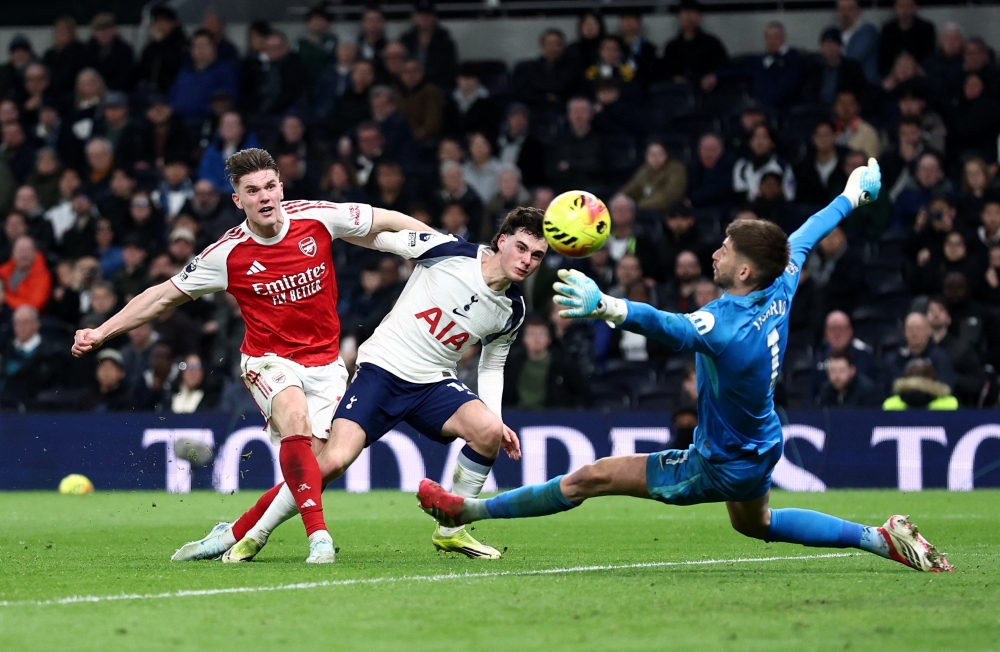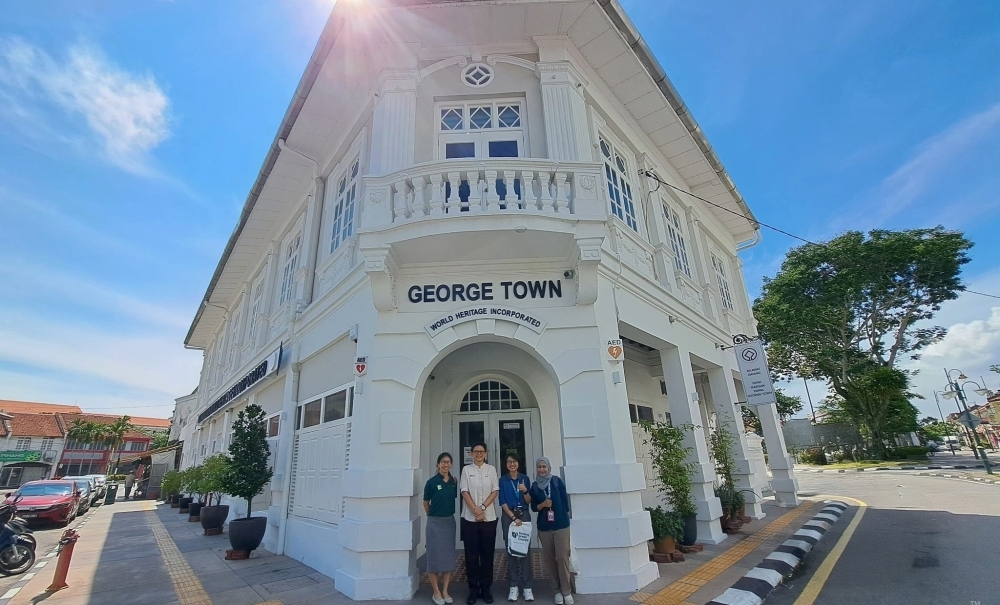Sir Terence English, surgeon who carried out the first successful heart transplant in the UK
He had to fend off colleagues’ attacks – some criticised the ethics of his work, while others denied that transplants were value for money

Sir Terence English, who has died aged 93, performed the UK’s first successful heart transplant, and persisted in his work despite financial and ethical controversy.
On January 15 1979, English and his team at the Papworth Hospital in Cambridgeshire performed a heart transplant operation on Charles McHugh. The operation failed, and McHugh died 17 days later without having regained consciousness.
Undeterred by the failure, English and his team tried again, and on August 18 performed a successful heart transplant on Keith Castle. It was all the more remarkable because Castle was 52, above the age English thought suitable for the operation. With characteristic modesty, English attributed the success of the operation to his patient’s “indomitable spirit”. But his natural reticence was also, he argued, an essential measure to avoid deterring potential donors and their families from giving permission for organs to be used.
Though he had long been interested in transplant surgery, having become a Fellow of the Royal College of Surgeons in 1967, the year his fellow South African, Christiaan Barnard, performed the first operation, English had been bound by the Department of Health’s 10-year moratorium, during which it refused to fund the procedure.
He now made up for lost time. Within the next year, English repeated his success six times. Hearts were removed from the patients, preserved at two degrees centigrade and rushed to Papworth, by air or road, in order to be implanted within two and a half hours of removal.
Despite improving success rates, English rapidly found his work attacked on several fronts. When Castle died after six years, critics argued that heart transplants, which English admitted could only “buy bonus years”, did not give value for money. At the same time, English was engaged in disputes over the ethical correctness of his work, with one colleague retiring in protest at what he called the “resource-hungry” and “unethical” heart transplants performed by English.
The problem arose from the need to remove hearts from donors when still beating – this haste gave rise to accusations that hearts were being extracted from patients who were not in fact dead. English countered the objections by arguing simply that when a doctor had a technique for saving life, that technique should be exercised.
Terence Alexander Hawthorne English was born on October 3 1932 in Pietermaritzburg, South Africa, to Mavis, née Lund, and Arthur English; his father died when Terence was 14 months old. He was educated at Hilton College, a private boarding school in Natal. He worked for a year in Southern Rhodesia, now Zimbabwe, as a diamond driller, then took a degree in mining engineering at Witwatersrand University in Johannesburg, graduating with a BSc (Eng) in 1954. Having decided to switch to medicine in his final year, he moved to the UK to begin his surgical training.
In 1962 he gained his MB, BS from Guy’s Hospital, where he remained as a demonstrator in the anatomy department until 1965; while there, English captained the 1st XV team when they won the Rugby Inter-Hospitals Cup. In 1966 he became surgical registrar at Bolingbroke Hospital in Battersea, and then moved to Brompton Hospital in 1967.
In 1969 he moved to the US to become a Fellow in the department of surgery of the University of Alabama. During his time there, and as consultant surgeon at Papworth from 1972, he was able to observe the work of contemporary transplant surgeons, who demonstrated what English himself would later call “misplaced enthusiasm” for the new technique, embarking on a series of operations without a complete understanding of their complexity, which led to a number of deaths and the operation falling into disfavour.
Memories of this situation influenced English’s decisions throughout his career, as he endeavoured to keep a low profile for himself and the procedure out of fear that widely publicised failures would bring about the abandonment of the programme.
After the operation on Castle, English became director of Papworth Heart Transplant Research Unit in 1980, a post he held for eight years. Among many other posts in the following years, he was the Royal Society’s Upjohn Lecturer in 1988, President of the Royal College of Surgeons from 1989 to 1992, Chief Medical Adviser to Bupa from 1991 to 1999, a member of the Audit Commission between 1993 and 1998, President of the British Medical Association between 1995 and 1996, and Deputy Lieutenant of Cambridgeshire from 1996 to 2001.
He wrote numerous articles in medical journals on matters relating to the practice of heart transplantation and cardiothoracic surgery, as well a chapter on surgery of the thorax and heart in Bailey and Love’s Short Practice of Thoracic Surgery (1980) and Principles of Cardiac Diagnosis and Treatment: A Surgeon’s Guide (1992).
During this time he continued to perform heart transplants and, in 1986, when presented with a critically ill patient with terminal heart failure with no donor available, performed the first successful implant of a plastic heart. The fairly primitive device, powered by a 323lb compressor at the patient’s bedside, took more than five hours to implant.
In 1994 he implanted a battery-operated heart into a “guinea-pig” patient who had been given only months to live but was deemed unsuitable to receive a natural heart. For the first time, the artificial heart was intended to be a long-term solution rather than merely to provide time for a donor heart to be found, and it did indeed last nine months until the patient’s death from kidney failure.
High-level recognition of the value of the Papworth project came in 1988, when Margaret Thatcher announced that she was installing a duck pond in Number 10 for the benefit of the St James’s Park birds after admiring the hospital’s pond during a tour with English, on which occasion she also expressed her amazement at the speed of the recovery of Papworth patients.
Despite English’s widely recognised dedication to his work, he was also very much a family man, described by his first wife Ann as enjoying playing tennis and chess and building model aeroplanes with his children. In 1993 he was elected Master of St Catharine’s College, Cambridge, in which position he was expected to deal with, among other things, the publication by one of the college waiters of a book of “complex homoerotic fantasies” entitled Cub-Hunting Season; English, while admitting that he had not in fact read the book, remarked that he was “delighted” that the college’s “strong literary tradition” continued.
Following his retirement from surgery in 1995 he demonstrated the continuing strength of his own heart (and nervous system) by taking up rally-driving, and in 1998 he completed a 11,500-mile rally from London to Cape Town, and in 2001 another trip along the Inca Trail in a 1968 Mercedes.
He also took part in trauma care-training of doctors in Pakistan and Gaza, and assisted in medical projects in the latter region, making multiple trips there.
English was knighted in 1991. He married Ann Dicey in 1963, with whom he had two daughters and two sons. The marriage was dissolved in 2002, in which year he married Judith Frances Milne, the then Principal of St Hilda’s College Oxford.
Sir Terence English, born October 3 1932, death announced November 25 2025
[Source: Daily Telegraph]


